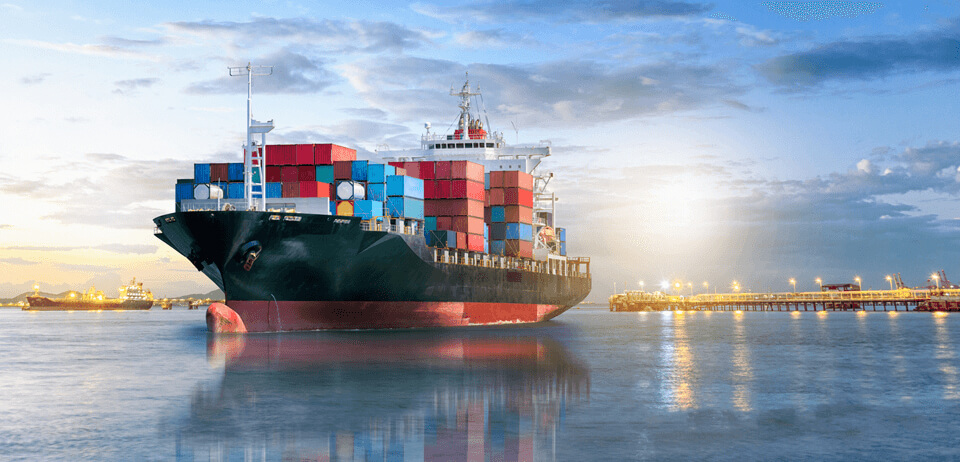Maritime transport is one of the oldest and most widely used methods for the shipping of goods across the globe. It plays a crucial role in international trade by allowing for the efficient transport of large volumes of cargo over long distances, offering significant economic advantages due to lower costs compared to other transportation modes.

A key feature of maritime transport is its ability to handle various types of cargo, including bulk goods, containerized freight, and oversized items that may not be suitable for air or land transport. The use of standardized containers has further streamlined operations, facilitating quicker loading, unloading, and transfer between different transport modes.
The transport process typically involves several stages: booking cargo with a shipping line, loading goods onto vessels, navigating to the destination port, unloading, and finally, delivering the cargo to its final destination. Accurate documentation, such as the bill of lading, is essential, as it serves as proof of shipment, ownership, and the terms of the transport agreement.
Despite its advantages, maritime transport also has drawbacks. It is highly dependent on weather conditions, prone to delays, and may involve longer transit times. However, its scalability and cost-effectiveness make it the preferred choice for many industries .
The future of maritime transport is likely to be shaped by a number of new trends and technologies that aim to improve efficiency, safety and environmental protection. The development of automation and digitalization technologies will play a major role in reducing risks and optimizing shipping processes. Intelligent tracking and management systems can improve the ability to monitor cargo throughout the entire journey, from the port of origin to the destination.
In addition, the move towards environmentally friendly means of transport will also become mainstream. Ships powered by renewable energy, such as electricity or liquefied natural gas, can reduce emissions and pollution associated with maritime transport. Compliance with international environmental regulations will become increasingly stringent, requiring shipping companies to adapt to maintain their operations in the global market.
Ultimately, the rise of e-commerce and the need for faster freight movement will drive the ocean freight industry to grow even more, with increased connectivity between modes of transport and improved customer service. Companies will need to invest in technology and human resources to meet this demand more efficiently.
